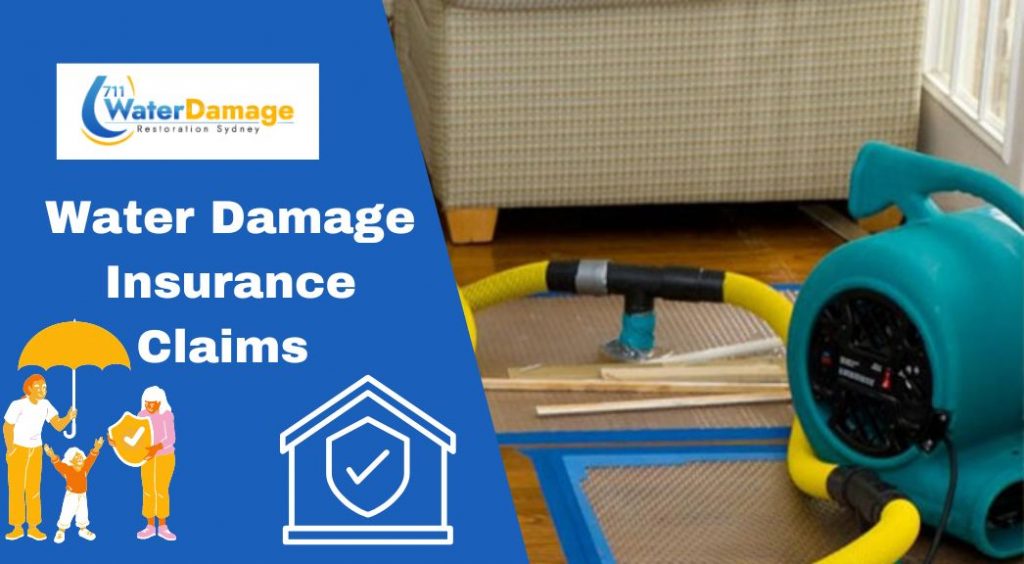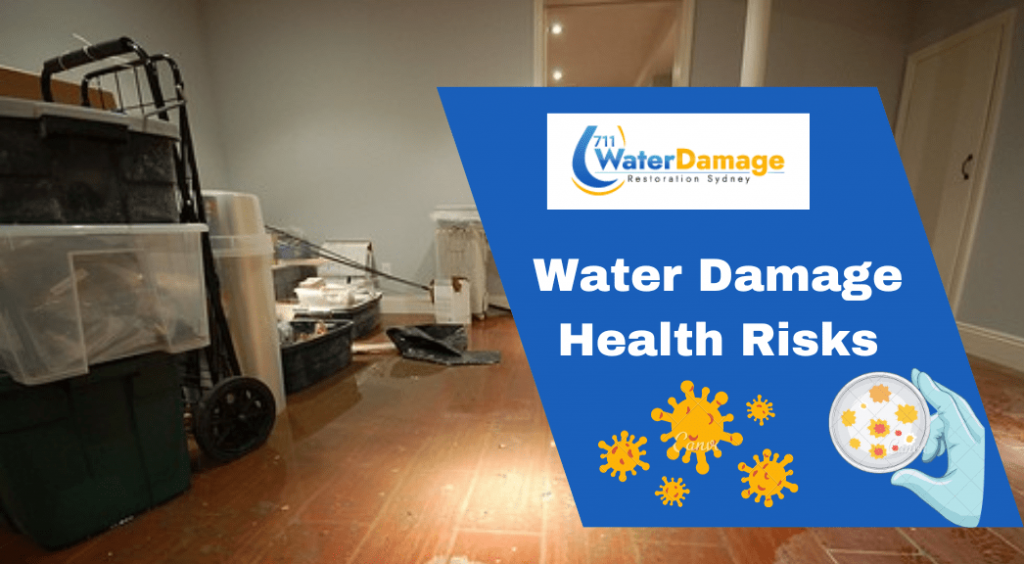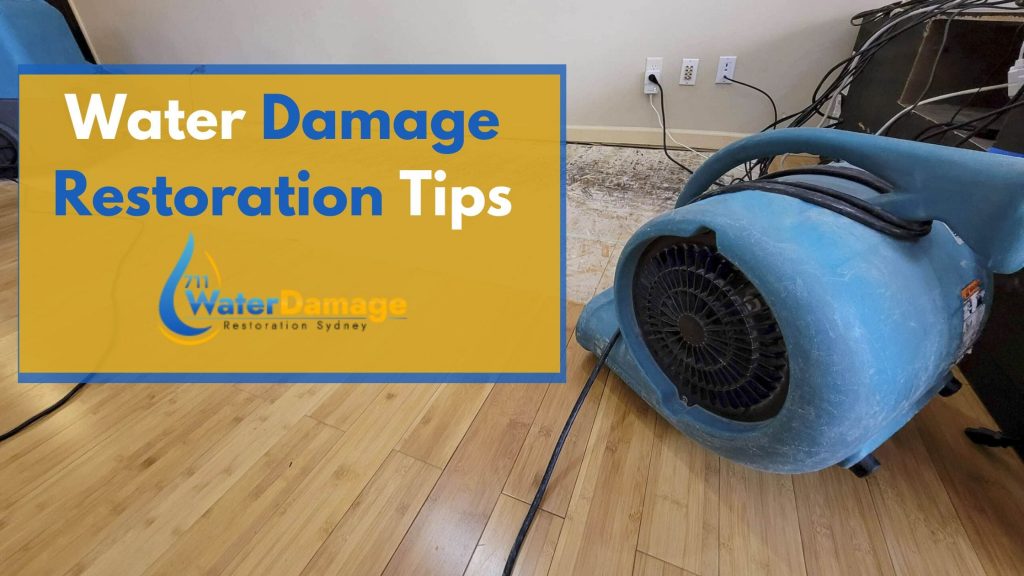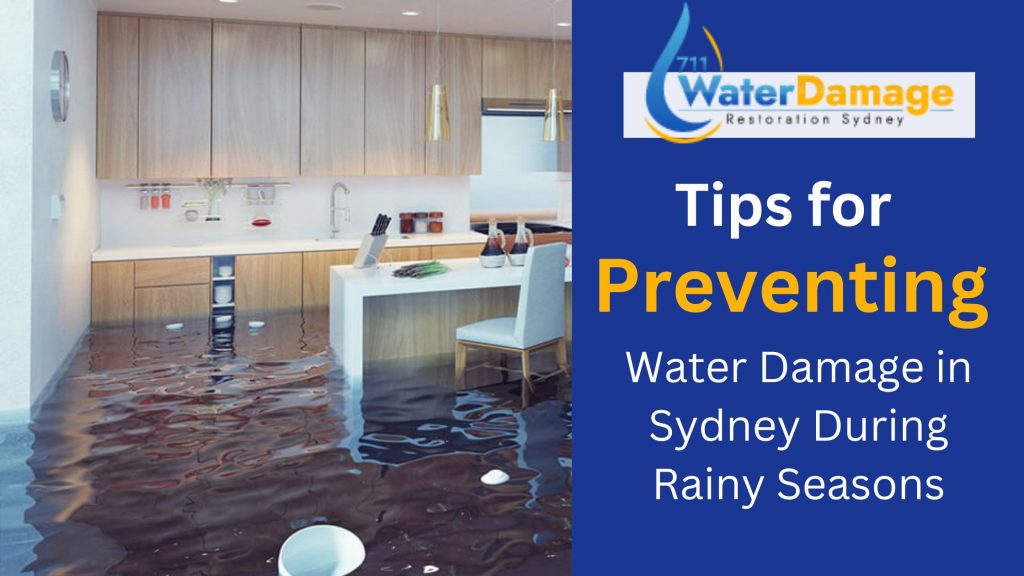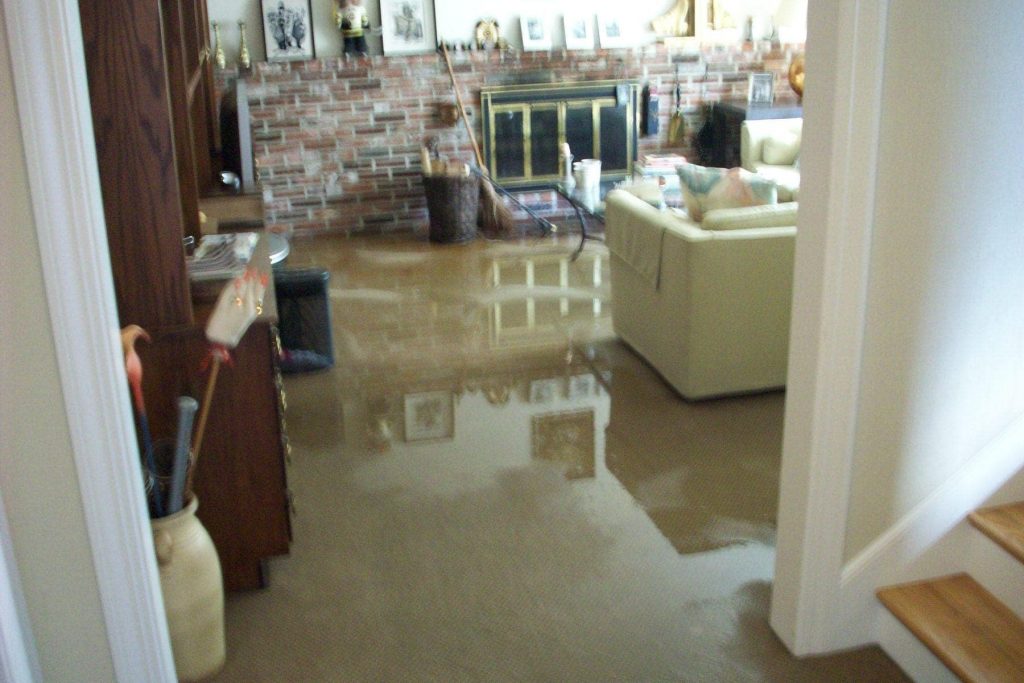The Role of Professional Mould Remediation After Water Damage
Mould can pose serious health risks and cause damage to property if left untreated; or when you ignore the water damage and mould growth. There could be several issues that you may have with mould after getting water damage problems. To get rid of the problem, you will always need water damage mould remediation. So, let’s start your reading and learn about the dangers of mould and the connection between mould and water damage. Also, we will discuss the roles of professional water damage cleanup and mould remediation and the benefits of hiring professionals.
Understanding the Dangers of Mould
Understanding the threats that come from mould is important so that you can easily maintain your healthy living environment. A type of fungus called mould grows in wet, humid surroundings and may develop on surfaces including walls, ceilings, and furniture. If you accidentally expose the mould formation, you may deal with numerous health issues.
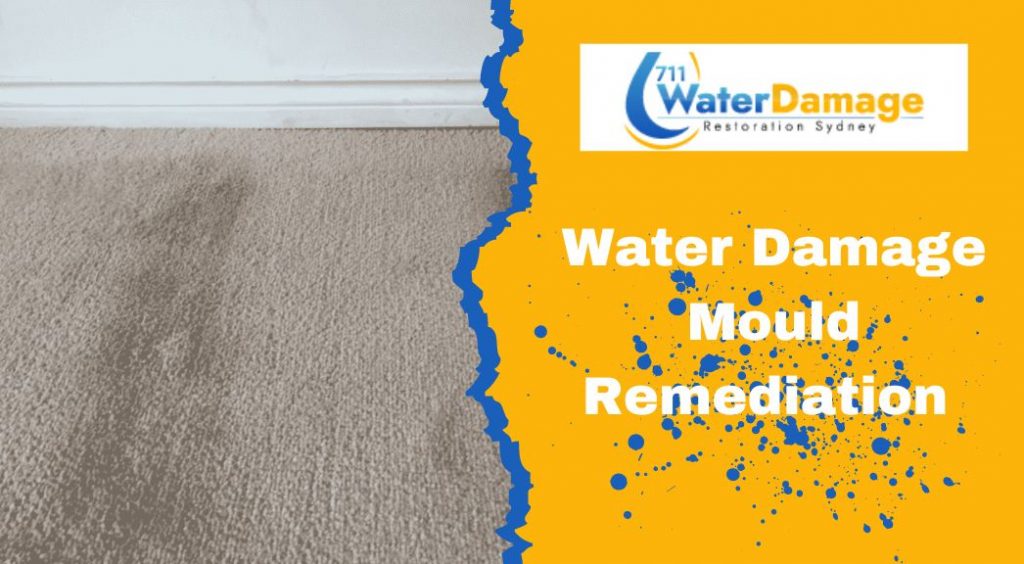
Or, those who already have allergies, asthma, or weakened immune systems, can get serious respiratory issues; coughing, sneezing, itchy eyes, and skin irritation. Long-term exposure to some forms of mould, such as black mould may lead to serious health risks.
To reduce the hazards connected with mould exposure, it is essential to get mould removal services. Also, find and fix the source of moisture and get expert help for effective mould inspection & remediation.
What Is The Connection Between Water Damage and Mould
Water damage and mould are strongly related to one another. Leaks, floods, or high humidity can all cause water to enter a structure, which leads to mould growth. Moisture creates the ideal environment for mould spores to grow and spread.
Mould grows on wet common surfaces including walls, ceilings, carpets, or furniture in as little as 24 to 48 hours. To avoid mould prevention and the dangers that come with it, it is essential to manage water damage quickly. Also, you need to eliminate moisture sources, and completely dry affected areas.
Signs of Mould Growth
It’s important to check signs of mould growth after water damage.
- A musty or earthy smell, noticeable stains or discolourations on walls, ceilings, or other surfaces.
- The appearance of fuzzy or slimy textures.
- Other signs can include residents experiencing worsening allergies or respiratory problems including coughing, sneezing, or congestion because of mould spores.
- Condensation or an excessive quantity of humidity in the affected area can also produce the growth of mould. So, when you see excessive moisture, you consider that it’s time to ventilate the room or hire professional mould remediation.
Furthermore, you can also get expert help for to carry out a comprehensive water damage and mould inspection, testing, and suitable remedial steps.
The Role of Professional Mould Remediation
When dealing with mould development following water damage, professional mould treatment is essential. Professionals play a very important role in mould removal and also know how to stop its spread and recurrence. To return the water-affected area to a secure and mould-free state, professionals follow high-quality equipment and use suitable containment, removal, and cleaning procedures.
Assessing the Extent of Mould Infestation
It’s necessary to determine the level of mould infestation after the water damage. A qualified mould inspector can examine the damaged areas visually and could even take samples for testing. In order to provide a complete and efficient water damage cleanup procedure, this inspection helps in determining the level of the infestation. They can identify hidden mould growth and direct appropriate remedial procedures.
Containment and Removal of Mould
The key elements of mould remediation after damage include containment and removal. When removing mould, experts use containment techniques to stop the spread of mould spores. To control the affected area, they utilise specialised tools like air machines, commercial cleaners and barriers. They carefully remove and safely discard mould-contaminated objects, assuring the total removal of mould.
Mould Cleaning and Sanitizing Affected Surfaces
For mould prevention after water damage, experts clean and sanitised the affected area properly. To ensure full cleanup, they remove mould and its spores from surfaces using specialised cleaning products and methods. In accordance with the substance and level of pollution, surfaces may be washed, cleaned, or treated. After cleaning, they also remove any leftover mould debris and stop its growth. This procedure helps in restoring the affected place to a clean and safe state. And, professional service providers have the knowledge and experience to thoroughly clean and sanitise surfaces. They can lower the danger of mould-related health problems and stop further mould development.
Air Quality Control After Water Damage Mould Remediation
After mould and water damage, air quality control is essential to maintain a healthy living environment. Professional mould remediation involves complete air filtration and purification to get rid of toxins like mould spores. This procedure promotes a breathable and safe environment by helping to enhance indoor air quality; and lower the risk of respiratory problems brought on by mould exposure.
Prevention and Future Protection
After water damage, it’s essential to stop future mould growth and take precautions against it. This may be accomplished by finding and fixing the water infiltration source, enhancing ventilation and circulation, & preserving ideal humidity levels. Providing long-term protection for your property, experts give regular mould inspections and fast drying of any water damage. They give prompt attention to moisture problems.
Benefits of Professional Water Damage Mould Remediation
If you are living in Sydney, you may apply for Mould Remediation Sydney services. Really, you may get more benefits like:
- Knowledge and Expertise: Trained experts have an in-depth understanding of mould species, development patterns, and efficient remediation procedures.
- Safety measures: Personal protective equipment (PPE) is used by experts to reduce health hazards during mould eradication by adhering to the correct safety measures.
- Preventing Cross-Contamination: During the cleanup procedure, experts apply containment measures to stop mould spores from spreading to unaffected regions.
- Specialised Equipment: For efficient mould removal service, experts have access to cutting-edge instruments. They use HEPA vacuums, air scrubbers, and moisture-detecting devices.
- Time and Efficiency: Hiring water damage repair specialists helps you save time since they have the knowledge and tools necessary to handle mould removal effectively.

